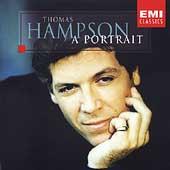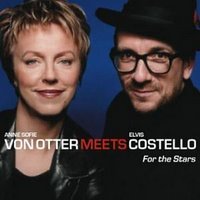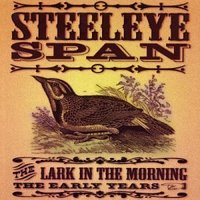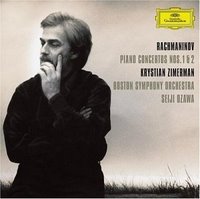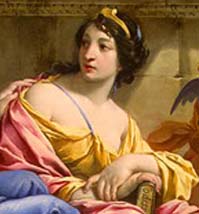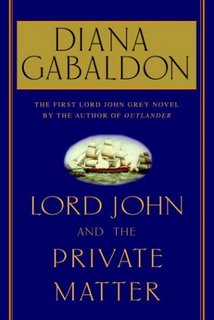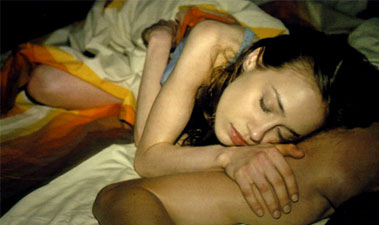
All writers have an extra-special fascination with words; they’re our toolbox, the hammers that drive in the nails. My word fascination started when I was about nine years old, and my also word-loving parents brought the game Perquackey into the house. The game is basically an anagram game, with the point being to make words out of letter cubes. Within about a month, I was beating my parents. Since then, no-one has ever beaten me at the game, and it’s also given me a life-long obsession with anagrams. When I’m particularly stressed or worried, I start doing anagrams in my head, and I’ve developed certain rules for my anagramming to make it interesting.
So when my book club read Word Freak: Heartbreak, Triumph, Genius, and Obsession in the World of Competitive Scrabble Players a few years ago, I was in alt. Finally, I was reading about people even MORE obsessive than I was.
And its author, Stefan Fatsis, revealed a new type of word obsession, I was even more excited. He talks about names and words that have each and every vowel once and only once: Julia Roberts, for example (sidenote: My best friend, whom I call the Picky Vegetarian, has one of these names. Do you know how excited I was when I figured that out? She almost became my ex-best friend, I went on and on about it so much). Since then, I’ve added that obsession to my repertoire, and am excited to find words like “sequoia,” “Metalious” (as in Grace, author of Peyton Place), and “auctioned,” “cautioned” and “education,” which have the bonus of being anagrams of each other.
It makes sense, then, that I would have signed up for the daily email of Worthless Word of the Day. The email yesterday had this gem that was right up my alley:
the worthless word for the day is: gravedinous[ad. L. gravedinosus, fr. gravedo, heaviness]obs. rare : drowsy, heavy-headed {in Bailey}
this is one of those words that contains the 5 vowels (aeiou) in alphabetical order without repetition; some that are more(?) common: facetious, abstemious, arterious, arsenious,adventitous, abstentious, bacterious, and tragedious — the shortest word of this type seems to be the obs. term aerious (7 letters), meaning “airy” (if you’d like to include ‘y’,you can add -ly to these; e.g., facetiously) hence, gravedinously, I suppose.
To sign up for WWTD, go here: http://home.mn.rr.com/wwftd/
Oh, words just make me shiver. Some of my favorite words are interstitial, penultimate, roil, internecine and solipsistic. Do you have any favorite words? Or word/language obsessions? What are they? Which authors seem to have an especially developed word obsession?
Thanks for feeding my obsession,
Megan
www.meganframpton.com

